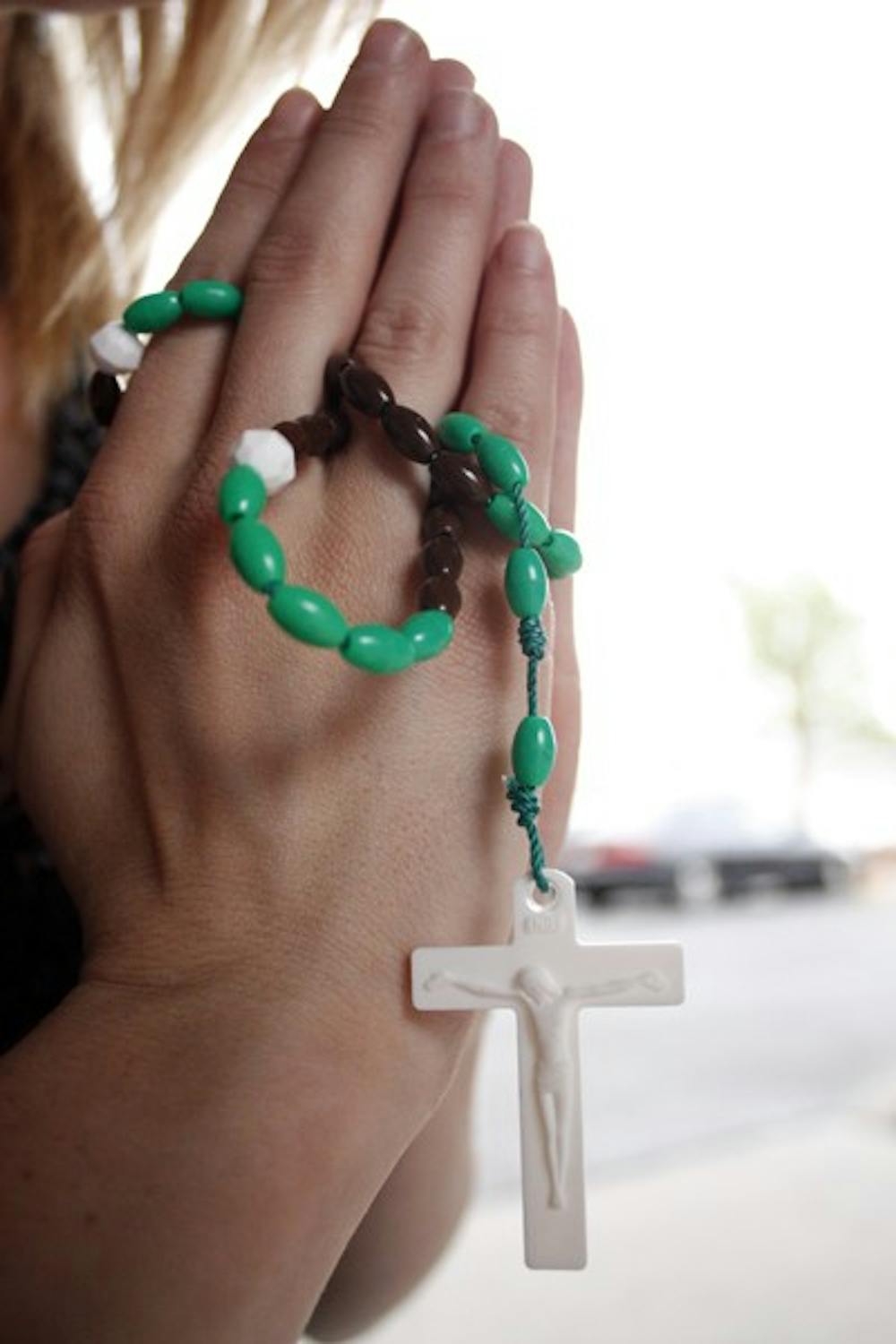Once upon a time, back when all my favorite stories started with that clichéd fairy tale opening, I used to pray every night.
I'd kneel next to my bed, make the sign of the cross and mumble the Our Father, then speak directly to Jesus (he was a baby once and therefore less intimidating than God) and ask him to look after all of my family and friends and stuffed animals.
Before saying my final amen, I’d ask Jesus to also help all the “ordinary people” — my name for the billions of non-Catholic people who I didn’t know.
When the papal conclave convenes on March 12, the Catholic Church will have the opportunity to look out for the ordinary people — not just non-Catholics, but those in the Church who will never be holy enough to reach the Vatican.
In a column published Thursday, The State Press’s Matt Rich argues that the Church needs a pope who “upholds moral truth and sacred tradition” rather than condoning choices made by secular culture.
By no means should the Church’s leadership bow to public opinion just to rescue a poor reputation.
However, ignoring progress to cling to flawed tradition would make the Church more similar to the Romans who refused to accept Jesus as the Messiah than the Jesus churchgoers try to emulate.
I no longer pray every night. The last time I went to church was Christmas, and that was preceded by long family discussions about faith, politics, morality and how to reconcile them all.
I’m not the only one. A column by New York Times op-ed contributor Paul Elie called for Catholics to leave their Sunday pews, at least temporarily. It captured the sense of resignation many of us have felt.
During the last several years, the Catholic Church has repeatedly moved away from much of the progress it has made.
Since the 1960s, when the Church finally caught up with Protestant parishes, Catholics have been able to hear Mass in vernacular languages, not merely Latin. We haven’t gone back to the Latin (yet), but late in 2011 the Church retranslated many parts of Mass into really bad English.
Although MSNBC reported Friday that the number of American Catholics who support same-sexmarriage has increased over the last few years and is higher than national averages, the newly retired Benedict XVI denounced gay marriage as a "manipulation of nature" in his annual Christmas address a few months ago.
Ancient rules barring priests from marrying or forbidding female priests also seem outdated now, as so many other Christian religions and secular practices permit both.
The Church, much like the people who make it up, is not infallible and tradition alone is not reason to continue failing practices.
It’s had to recover from poor choices, ranging from the Crusades, to the Spanish Inquisition, to more recent revelations of widespread sexual abuse of minors, throughout its long tenure. The Church has most effectively handled these not by dogmatically citing tradition but by carefully considering theology and philosophy and making changes while necessary.
As they prepare to choose the next pope, Catholic Cardinals cannot plug their fingers in their ears and hum. The secular world continues to evolve, and the Church must grow with it.
Reach the news editor at julia.shumway@asu.edu or follow @JMShumway on Twitter.
Like The State Press on Facebook and follow @statepress on Twitter.




